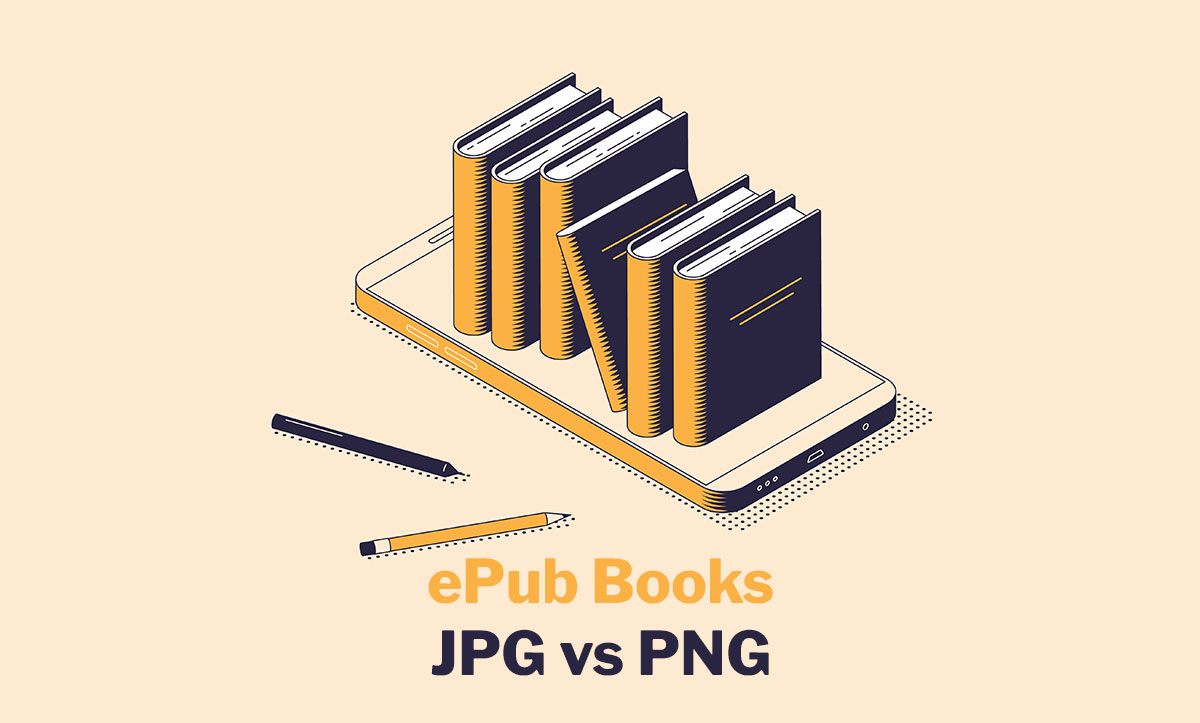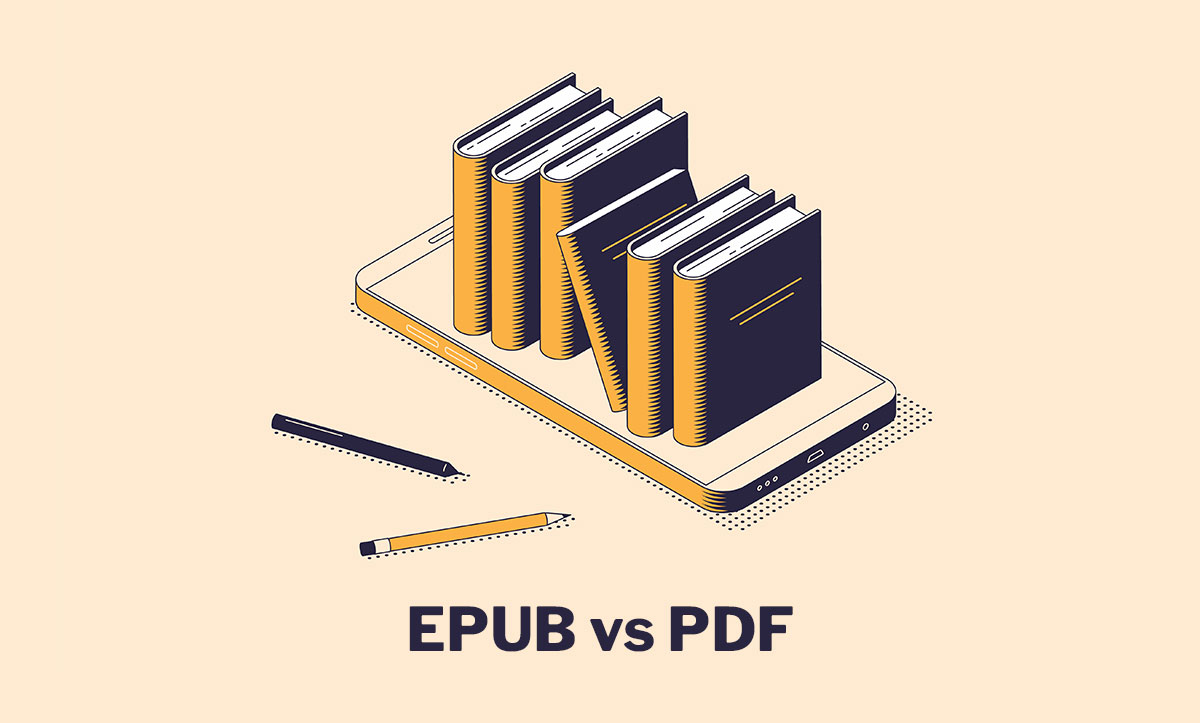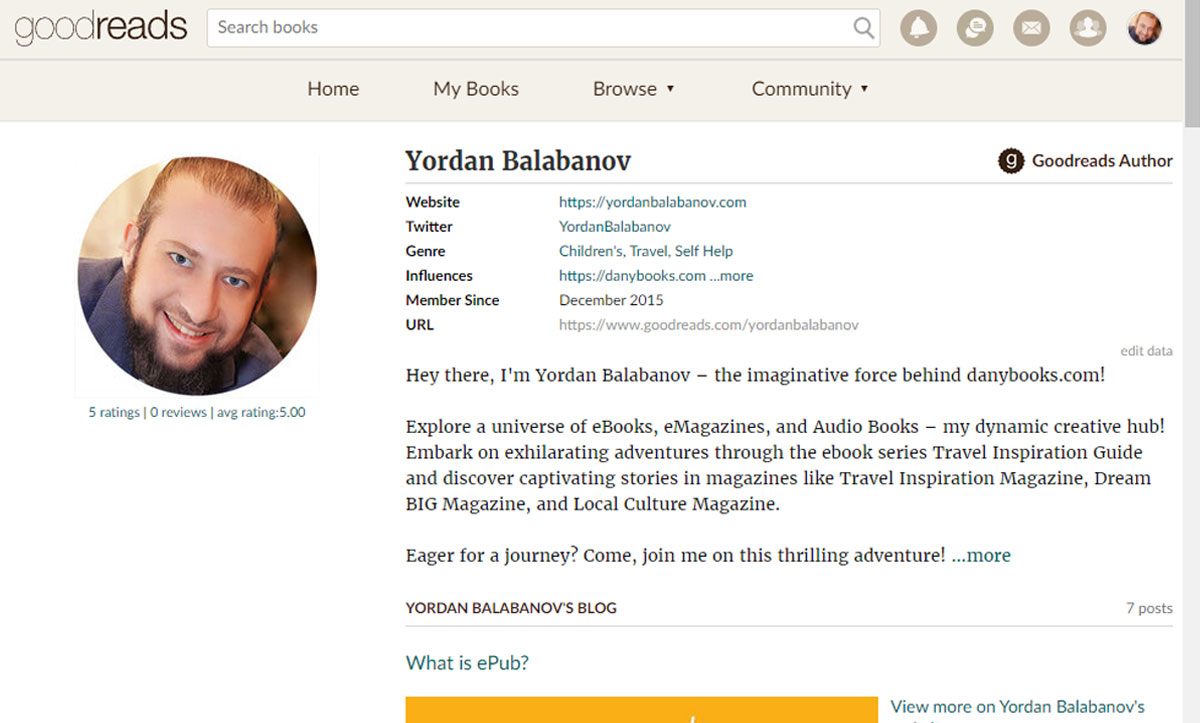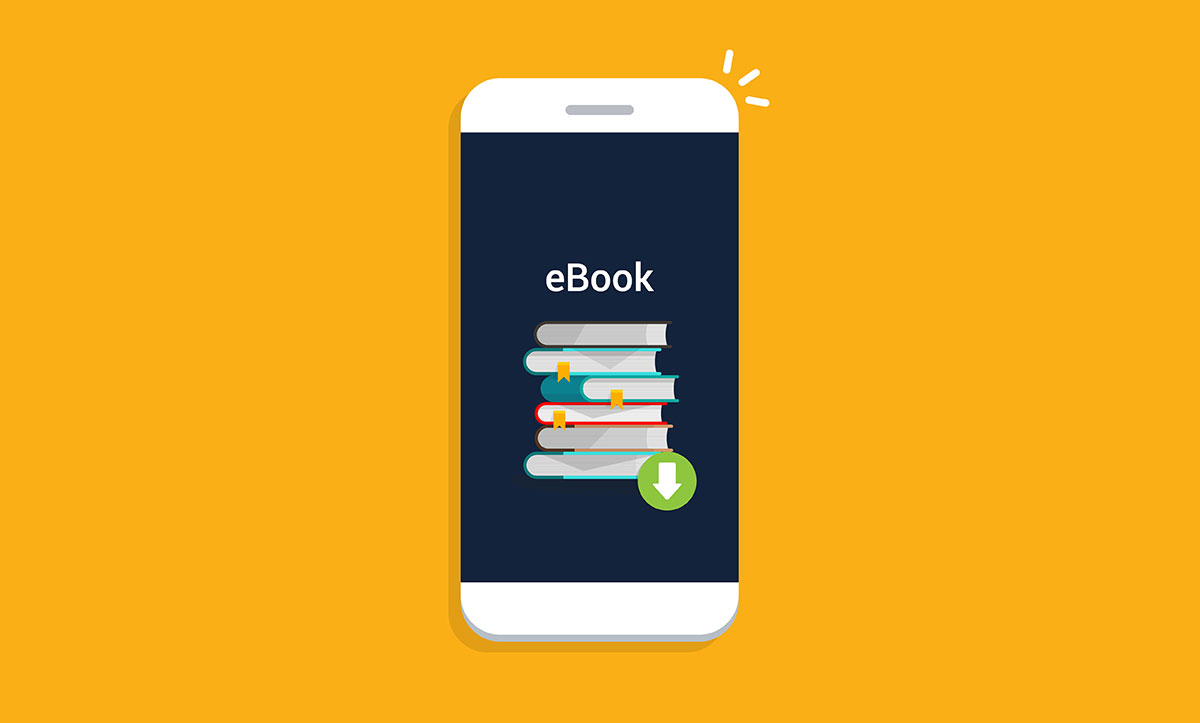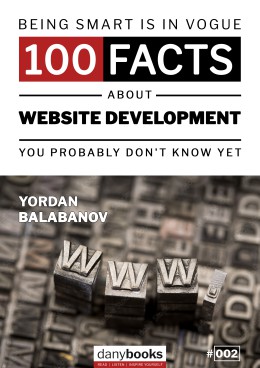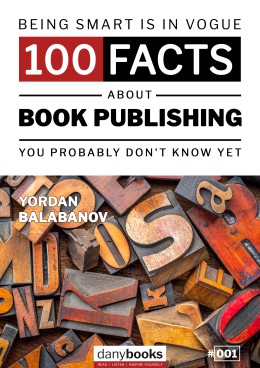In today's fast-paced world, the way we consume literature is evolving rapidly. One of the most innovative developments in this realm is the rise of audiobooks. With the advancement of technology and the increasing demand for convenience, audiobooks have become a popular choice for book lovers around the globe. But what exactly is an audiobook, and how does it differ from traditional reading? Let's delve into the fascinating world of audiobooks and explore their significance in modern literature consumption.
What is an Audiobook?
An audiobook is a recording of a text being read aloud. It is an audio version of a book that allows listeners to enjoy literary content without the need to physically read the text. Audiobooks come in various formats, including CDs, digital downloads, and streaming services, making them accessible through a wide range of devices such as smartphones, tablets, computers, and dedicated audio players.
Audiobooks: History and Evolution
The concept of audiobooks dates back to the 1930s when the American Foundation for the Blind began recording books on vinyl records for visually impaired individuals. However, it wasn't until the 1980s and 1990s, with the advent of cassette tapes and later CDs, that audiobooks gained popularity among the general public. The digital revolution of the 21st century further revolutionized the audiobook industry, with the introduction of downloadable audio files and streaming platforms, making audiobooks more accessible and convenient than ever before.
Audiobooks: Advantages of Audiobooks
Audiobooks offer numerous advantages over traditional reading, catering to the needs and preferences of a diverse audience. One of the primary benefits of audiobooks is their accessibility. Unlike printed books, audiobooks can be enjoyed while engaging in other activities such as commuting, exercising, or doing household chores, allowing individuals to multitask and maximize their time effectively. Moreover, audiobooks eliminate the barriers posed by visual impairments, making literature accessible to a broader audience.
Additionally, audiobooks provide a unique sensory experience by combining the power of storytelling with the nuances of voice acting. A skilled narrator can bring characters to life, imbuing the narrative with emotion, depth, and authenticity. This immersive experience enhances the listener's engagement and comprehension, making audiobooks an invaluable tool for education and entertainment alike.
Furthermore, audiobooks offer convenience and portability, enabling listeners to carry an entire library of books in their pocket. With the rise of subscription-based platforms and digital libraries, users have access to a vast selection of titles at their fingertips, eliminating the need for physical storage space and reducing environmental impact.
Audiobooks: Challenges and Considerations
Despite their many advantages, audiobooks also pose certain challenges and considerations. Some critics argue that listening to audiobooks may not provide the same level of cognitive engagement and retention as traditional reading. While research on this topic is ongoing, it's essential to recognize that individuals have different learning styles and preferences, and audiobooks can be a valuable supplement to print-based reading rather than a replacement.
Moreover, the quality of audiobook narration can vary significantly, impacting the listener's enjoyment and comprehension. Factors such as voice talent, pacing, and audio production play a crucial role in the overall listening experience. Additionally, issues related to copyright and licensing may arise in the distribution of audiobooks, especially for older or out-of-print titles.
Conclusion
In conclusion, audiobooks represent a dynamic fusion of technology and literature, offering a convenient, accessible, and immersive way to enjoy books in today's digital age. Whether you're a busy professional, a voracious reader, or someone with visual impairments, audiobooks provide a versatile and inclusive platform for literary exploration and enjoyment. As technology continues to advance and the audiobook industry evolves, one thing remains clear: the power of storytelling transcends mediums, enriching our lives and expanding our horizons one word at a time.
 EN
EN  BG
BG 

